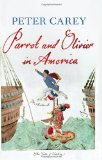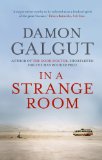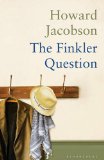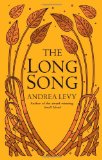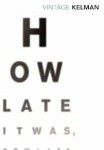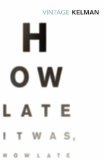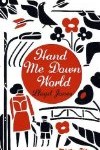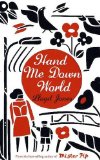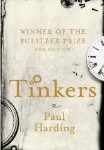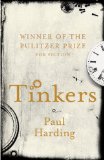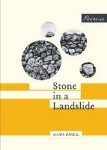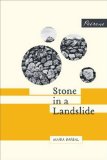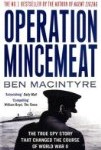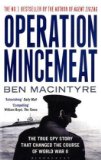Having attempted to read the Booker short list I should be in a good position to predict who will win, but unfortunately that isn’t the case. I think the field is wide open this year and I wouldn’t be surprised to see any of the books scoop the prize. Unlike previous years there is no clear winner, with each book appealing to a very different reading taste.
The six books are:
My reviews:
In a Strange Room – Damon Galgut ![]()
Who will win the 2010 Booker Prize?
In trying to predict the winner I think the most important thing is to look at the reading tastes of each of the judges.
The five judges for the 2010 Booker Prize are:
- Chair: Andrew Motion (former Poet Laureate)
- Rosie Blau (Literary Editor of the Financial Times)
- Deborah Bull (Creative Director of the Royal Opera House)
- Tom Sutcliffe (journalist, broadcaster and author)
- Frances Wilson (biographer and critic)
The judges are being quite quiet about their favourite Bookers, but I spotted Andrew Motion admitting that Jacobson was “laugh-aloud funny” and Rosie Blau describing C as “a novel blazing with energy and, for all its postmodern ambitions, a rich, old-fashioned yarn”
Frances Wilson’s favourite book is Persuasion, but I’m not sure that helps us to decide which of the short list she’ll enjoy the most. If I had to guess then I’d say this would point towards her favouring the more conventional narratives of The Long Song or Room, but it is hard to say from that one tiny clue!
Tom Sutcliffe wrote that “literary merit (and literary pleasure) really lies….not in the plotlines but the lines of writing themselves” so I suspect that he will favour Peter Carey’s lyrical prose.
That just leaves Deborah Bull who is surprisingly quiet on the Internet about the type of books she likes.
All this detective work has yielded little of value, but I am convinced that for such a varied short list to have been produced each of the judges must have a very different taste in books. This means that it is unlikely they will be able to reach a unanimous decision about who should win the Booker Prize. They have already admitted that they used a points system to determine who should make the long list and I suspect they will have to use this system to generate a winner. I think this will favour C and The Long Song, as they are more likely to appear higher on every-one’s list, unlike books the others which seem to create a love:hate divide among readers.
There has been speculation that the Faber influence could lead Carey to victory, but I’m sure the judges will only be looking at the merits of each book.
If I had to place a bet then I’d put my money on C, but I was amused by this article that thinks it should miss out on the Booker Prize due to a lack of gardening knowledge!
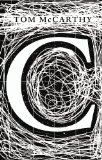
The simple answer is that I have no idea who will win the Booker Prize. All the books have their own merits and each has its group of supporters. I’m just happy that in reading the long list I have been introduced to many wonderful new books.
I look forward to seeing who will be revealed as the 2010 Booker winner tonight.
Who do you think will win?


